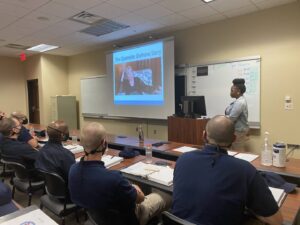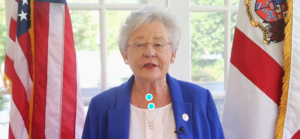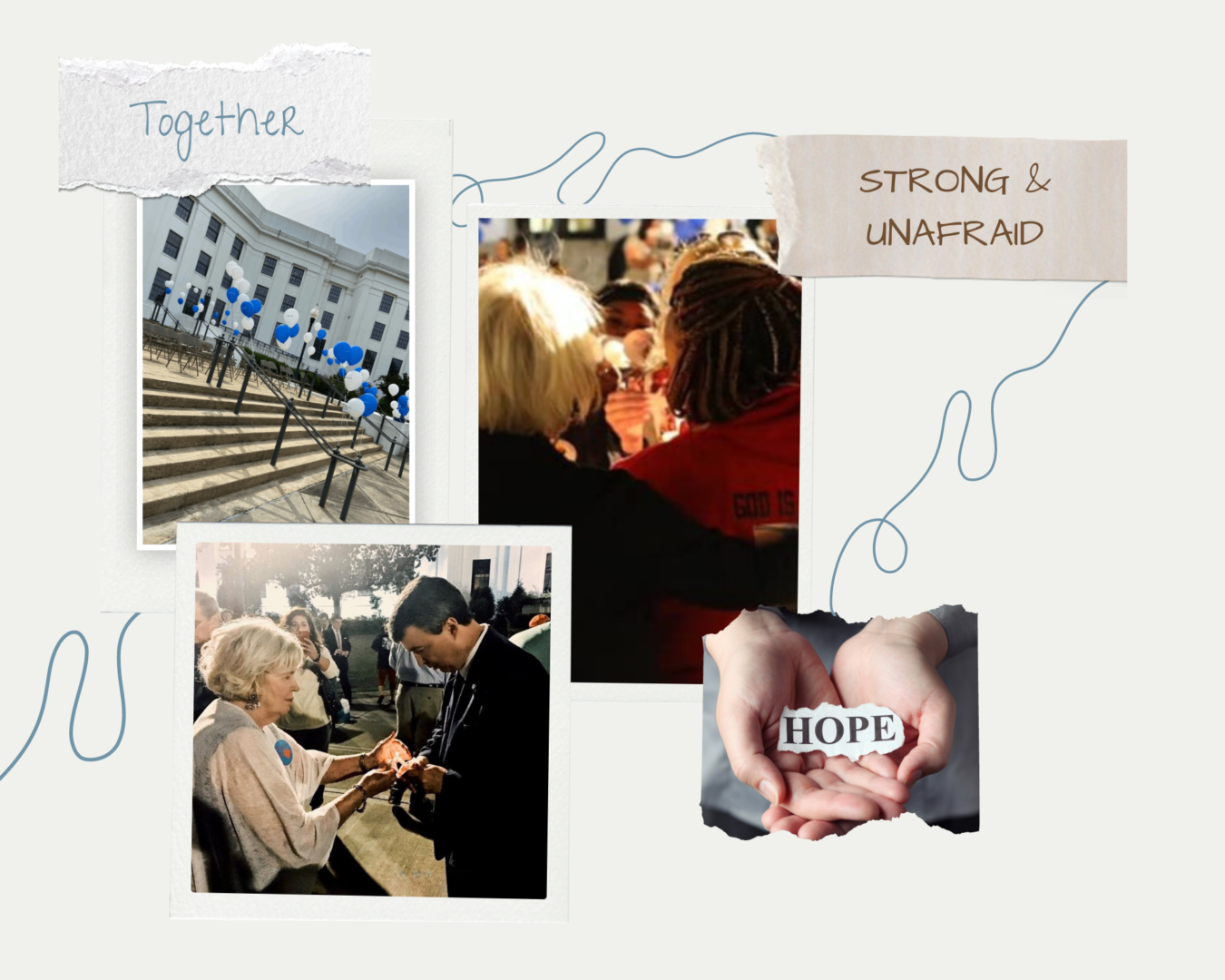

Victims of Crime and Leniency
You may feel like no one else knows what you are going through.
We know the path you are traveling is hard.
No one has to fight this battle alone.
We are here to help you.
Join us at an event close to you. National Crime Victims' Rights Week is a time for people from across Alabama to come together to support, honor, and acknowledge those whose lives have been forever changed by violent crime.
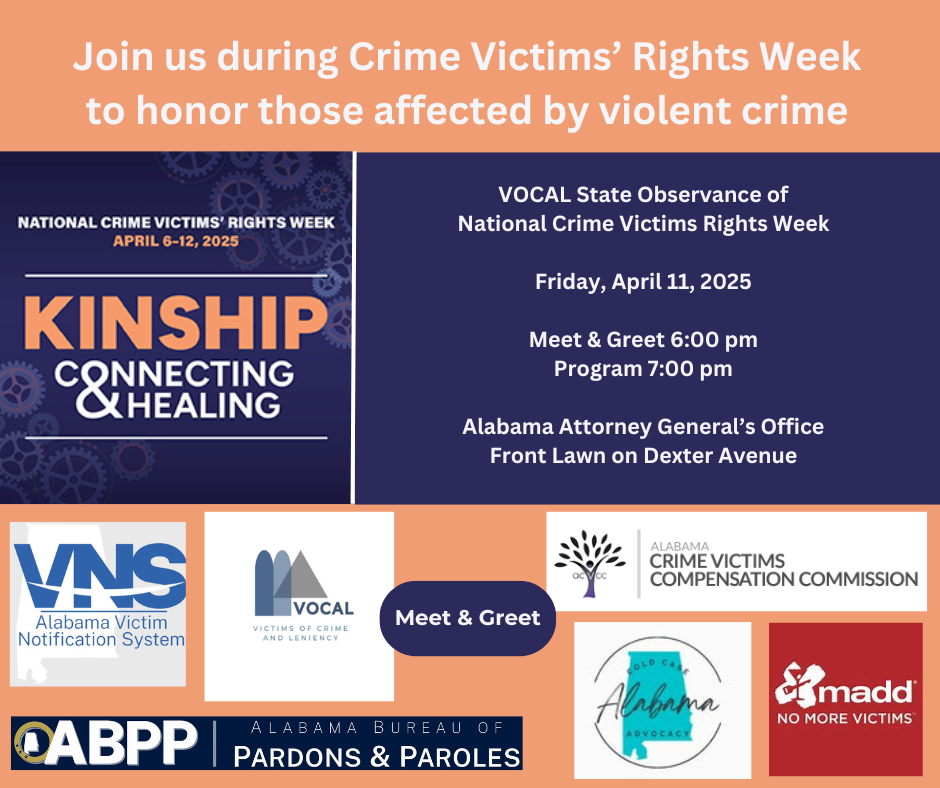



The 2025 Voices For Victims 5K will be held on June 21, 2025. The event will be held in Montgomery where the grassroots movement for crime victims' rights began in Alabama. Participants started the race on Washington Avenue In front of the Alabama State Capital and followed Dexter Avenue to the River Walk and historic Montgomery ending at the Avenue of Flags.
This is a great event in support of crime victims across Alabama. We look forward to seeing you there!
See last years pictures at: https://runsignup.com/Race/
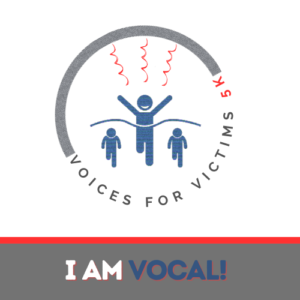

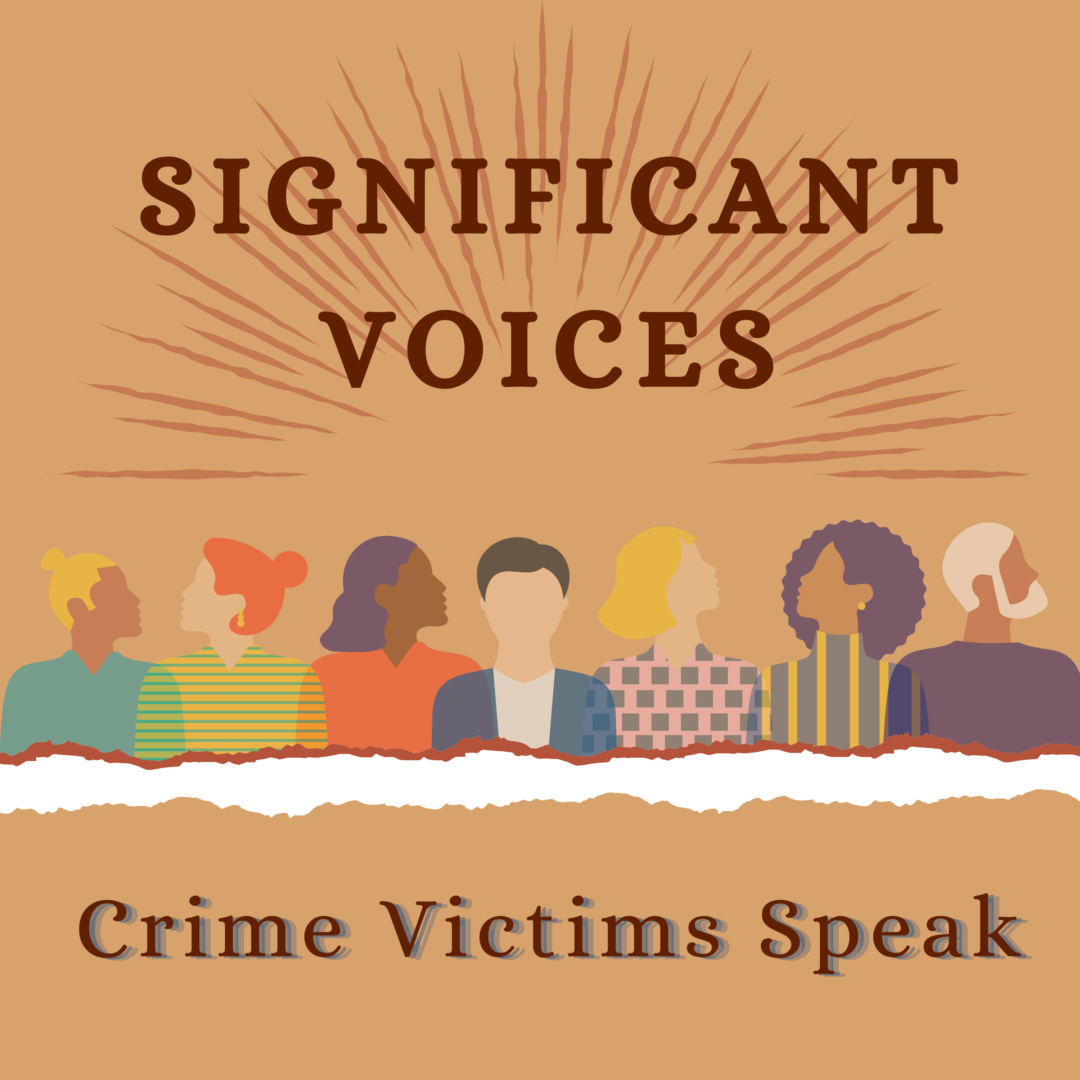

Live in April 2025!
Please follow this link for more information about Significant Voices: Crime Victims Speak
Recent Changes in Crime Victim Related Law
Amendment 1: Denying bail to defendants charged with violent crimes
Known as Aniah’s Law, Amendment 1 would allow judges to deny bail to individuals charged with any of the following 13 first-degree violent crimes: capital murder, murder, kidnapping, rape, sexual torture, sodomy, domestic violence, human trafficking, burglary, robbery, arson, terrorism and aggravated child abuse.
The amendment actually expands upon a constitutional provision that allows judges to deny bail for defendants charged with capital offenses, such as murder. The amendment would make clear that all of the violent crimes listed would fall under that jurisdiction.
The law is named after Homewood-native Aniah Blanchard, a 19-year-old student at Southern Union State Community College who was abducted in Auburn in late 2019 and later killed. The man accused of her murder was out on bail awaiting his trial for a previous kidnapping case.
Revocation of bail would not be automatic. Before a decision could made, the judge would have to hold a hearing, allowing both prosecutors and defense attorneys to present evidence in the case.
What Sets Us Apart
At VOCAL, we have been helping victims and their rights for more than four decades. We’re an advocacy group for victims’ rights.
On the 45th anniversary of her daughter's death, Miriam Shehane shares the story of Quenette, and the effect her life had on crime victims in Alabama. VOCAL, Victims of Crime and Leniency was born from the tragedy that the Shehane family endured and their willingness to allow Quenette's legacy to help those who came after them.
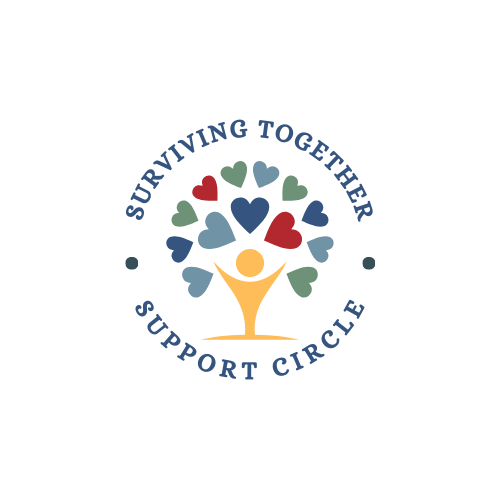

Call 334-262-7197 or email us at [email protected] for updated
Support Group Information


If you are a victim of crime or a surviving family member that has received notice of a parole hearing or if you need information regarding the parole or pardon process, you can contact VOCAL at 334-262-7197 or email to [email protected]
Advocates are available to assist you and lodging is available for overnight prior to a hearing at no cost to crime victims.
Amendment 3: Notification of commutation
Amendment 3 would require the governor to provide notice to the attorney general and the victim’s family prior to granting a reprieve or commutation to a person sentenced to death. It also voids the reprieve or commutation if the governor does not provide notice.
The current constitution gives the governor of Alabama the power to commute a death sentence to life imprisonment or issue a reprieve from an execution. The amendment would not otherwise limit or restrict the governor’s ability to grant reprieves or commutations.
The amendment would place restrictions on a power that Alabama governors rarely use. According to the Montgomery Advertiser, Fob James is the only Alabama governor to have commuted a death sentence since the state resumed carrying out executions in 1983.
Almost 17 years after Lisa Ann Millican, 13, was raped and murdered, her family was told to prepare: The state soon would set an execution date for the woman a DeKalb County jury had convicted of brutally killing Lisa.
Instead, the family got a "complete sucker punch" from then-Gov. Fob James, Cassie Millican said. A few days before leaving office in 1999, James commuted Judith Ann Neelley's death sentence to life in prison. Alabama laws at the time meant not only would Neelley escape execution, but she would also be eligible for parole.
AG Marshall blasts Ivey for execution commutation – ‘She chose not to directly communicate with me about this case or her decision’
This article a link to subscribe to their newsletter can be found at: AG Marshall blasts Ivey for execution commutation – ‘She chose not to directly communicate with me about this case or her decision’ Craig Monger | 02.28.25 Attorney General Steve Marshall criticized Gov. Kay Ivey’s decision to commute the sentence of convicted murderer Robin…
Ivey commutes sentence of man on death row for 1991 murder – ‘I am not so convinced of his guilt as to approve of his execution’
This article can be found on: Ivey commutes sentence of man on death row for 1991 murder – ‘I am not so convinced of his guilt as to approve of his execution’ Craig Monger | 02.28.25 Governor Kay Ivey announced on Friday that she was commuting the death sentence of Robin “Rocky” Meyers, 63, condemning him…
Alabama Attorney General Marshall: Tackling Violent Crime Backlogs Will Make Alabama Safer with New Speedy Trial Act
For Immediate Release:February 19, 2025 Alabama Attorney General Marshall: Tackling Violent Crime Backlogs Will Make Alabama Safer with New Speedy Trial Act – Alabama Attorney General’s Officehttps://www.alabamaag.gov/alabama-attorney-general-marshall-tackling-violent-crime-backlogs-will-make-alabama-safer-with-new-speedy-trial-act/ For press inquiries only, contact:Amanda Priest (334) 322-5694William Califf (334) 604-3230 (Montgomery, Ala) – Alabama Attorney General Steve Marshall today applauded the introduction of Senate Bill 176 and House Bill 307,…
Can you help?
There are many ways that you can be involved and help us make a difference in the lives of crime victims.
Are you a crime victim or survivor? You can set your own pace. Share information about upcoming legislation or events. Share a social media post with your friends and introduce them to VOCAL.
There is a place for everyone.
And a cape that fits you just right.
Email us at [email protected]


Due to the increasing cost of USPS mailing we are cleaning up our mailing list and also sending out our monthly newsletter and updates by email.
Please follow the link to update your preference on receiving information.
CALL TO ACTION!
The 2025 Alabama Legislative Session starts on February 4, 2025. It is more important6 than ever that we are all aware of changes that will affect crime victims.
There is a well-funded and organized movement to focus on the rights and conditions of convicted felons. The effect on the victim is not part of this conversation. You can step up and let your legislators know what crime does to us and our community.
Maintaining all of the progress that has been achieved for over four decades ins a constant effort. Please join us as we prespare for February 2025! We will be sending out updates about how you can effectively get your voice across to those who will vote on the passage of bills that effect your community.


Together We Can!
VOCAL can provide:
- Safety & Refuge for Victims in Alabama
Victims of Crime and Leniency (VOCAL) is a 501(c)3 non-profit organization established in 1982. We are an advocacy group for victims’ rights consisting of concerned citizens, victims of crime and their families, law enforcement officers, attorneys, and others interested in reducing crime and improving the plight of its victims.
- Public Education & Awareness
VOCAL Angel House advocates for victims’ rights and services for victims of violent crime, providing direct services to victims and their families and public education and awareness.
- Victim Advocates
Our advocates work closely with the staff in all phases of the Criminal Justice System, assisting with tasks such as:


